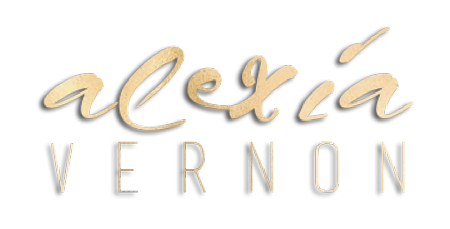A vaccination for Ebola. The eradication of poverty. No, I don’t have the fix for either, but I DO have a simple and effective solution for making more impact when you speak. Or seek to influence.
I’ve been enmeshed in launch mode for the better part of the last 6-weeks. I’ve sought to do a lot of influencing.
To watch my free video training.
To show up for a live virtual training.
To enroll in one of my programs.
And while I’ve had some stellar moments through these experiences with respect to my communication, I’ve also had some massive misfires.
“We want you in the program if…” I uttered during one Q+A call. Hmmm… I wondered seconds after I said that. I bet the participant I’m answering is wondering who ‘we’ is.
When answering another prospect’s email I wrote, “It will equip you with a 90-day plan to get speaking in front of your ideal audience.” In this instance I know she thought I meant Your Spotlight Talk when I was referencing my MasterTreat.
You may have encountered the idea that punctuation saves lives, demonstrated in the following cautionary tale.
Well, pronouns might not always save lives, but they certainly change them. As speakers and communicators, when we use pronouns effectively we invite people into deeper connection with us, clearly reference what we intend to reference, make clear how people can take action (and the payoff for doing so), and increase our credibility.
Here are 3 of my favorite ways to use pronouns to increase my influence as a speaker.
- While I try not to overuse ‘I,’ for it’s inferred that what I am saying is my opinion, I do make sure to use it when telling personal stories, admitting a mistake, or showing the person or people I am speaking with something I do that I know they do too. Appropriately using the pronoun ‘I’ can be an incredible act of intimacy when we use it in service of an audience—to be vulnerable rather than weak. It shows an audience that we are walking alongside of them rather than in front of them. It transfers us out of the role of expert and into the role of colleague or friend.
- I’m no longer a lone ranger in my business. Over the last 6 months I’ve made 5 hires, and while a part of that decision was to stop wearing hats that no longer serve me, the other key reason is because I want to provide exceptional customer service and support to my tribe. And I want people in my community to know that. So when I say, “we will take great care of you,” I’m letting it be known that you get more than just me when we work together. (I’ve also learned, though, that it’s vital I say “my team” before referring to them by a pronoun.) When a ‘we’ is justified, it communicates to the people we are speaking with that an idea or promise has more legs attached to it than just our own. This layers in additional credibility.
- Finally, another way to effectively use pronouns is…to not use them at all. Frequently, when I use the word ‘they’ or ‘it’, I’m being unclear. I’m assigning responsibility via ‘they’ to people I should name outright. Or, in striving to be succinct, by using ‘it’ I’m being vague rather than stating specific nouns.
Pronouns are to be used for an audience—not at an audience. Use them sparingly and intentionally to heighten your impact rather than to get in the way of your influence.


